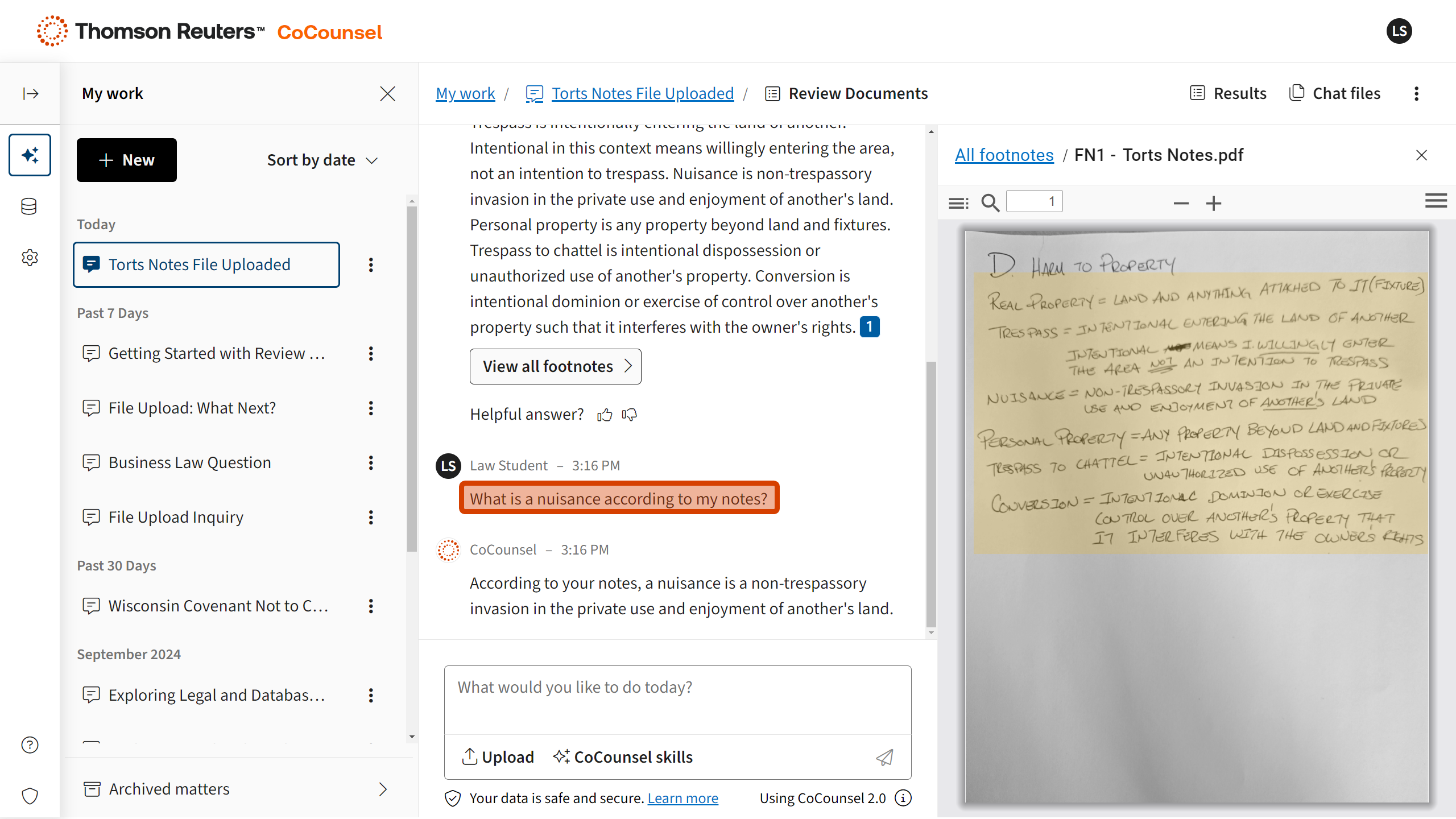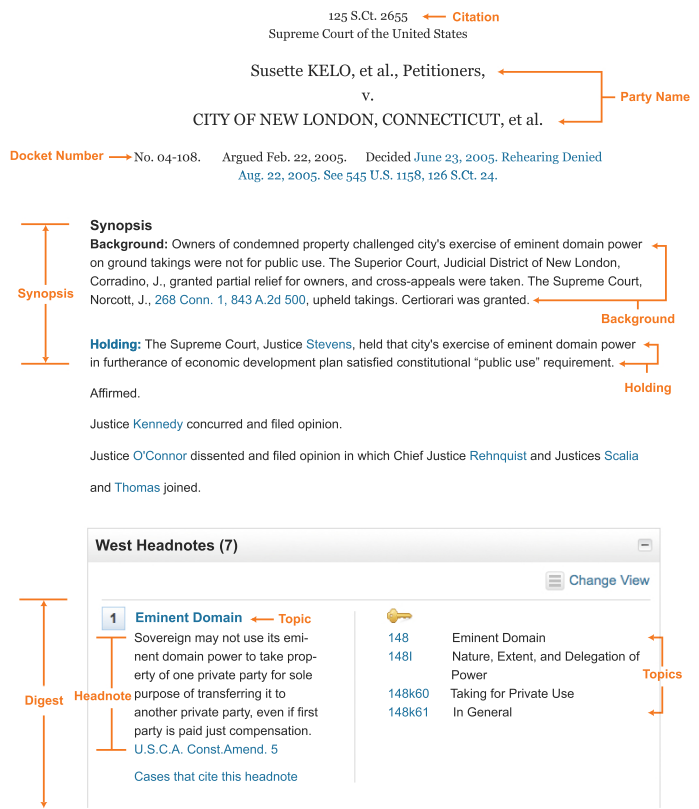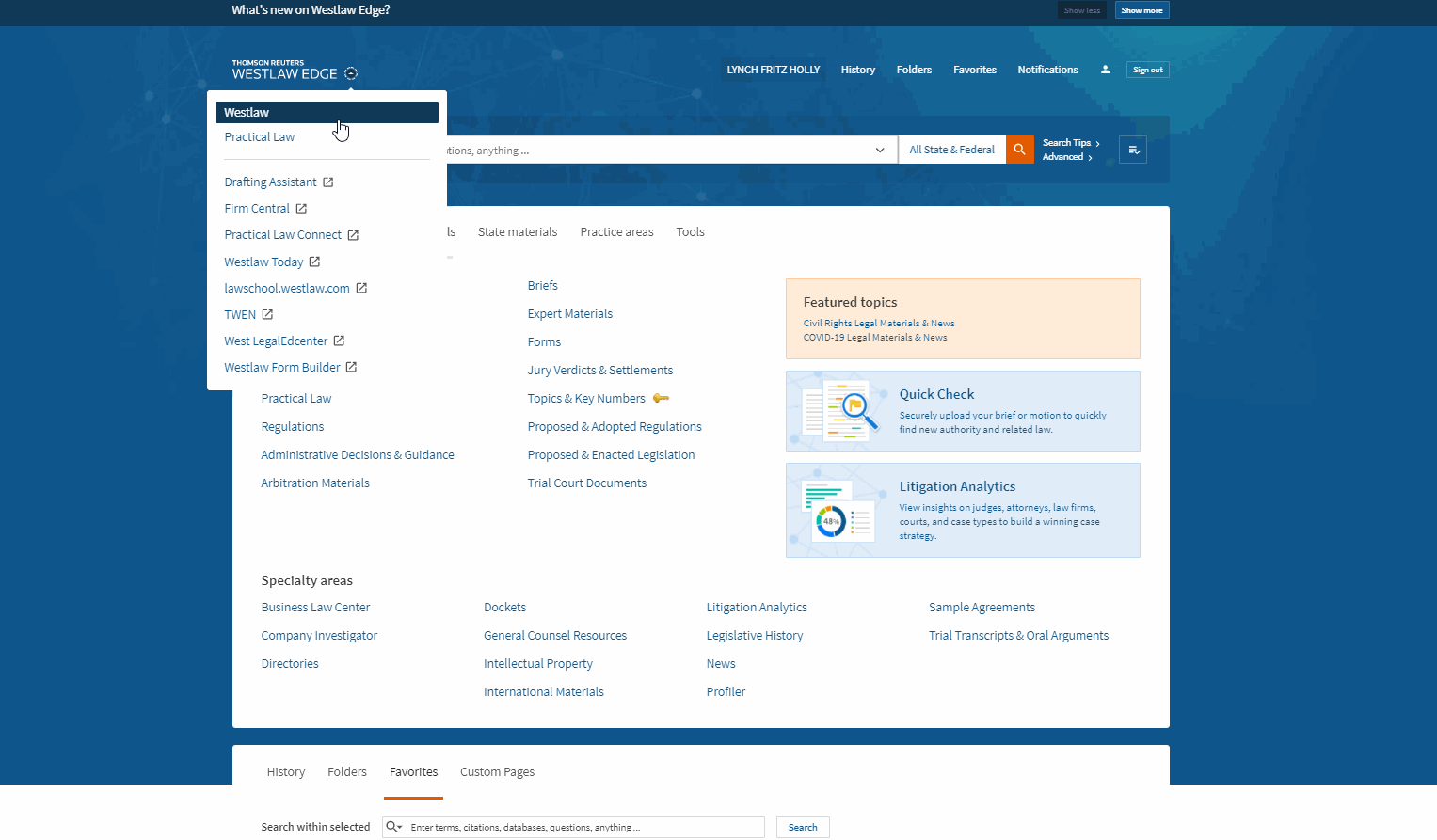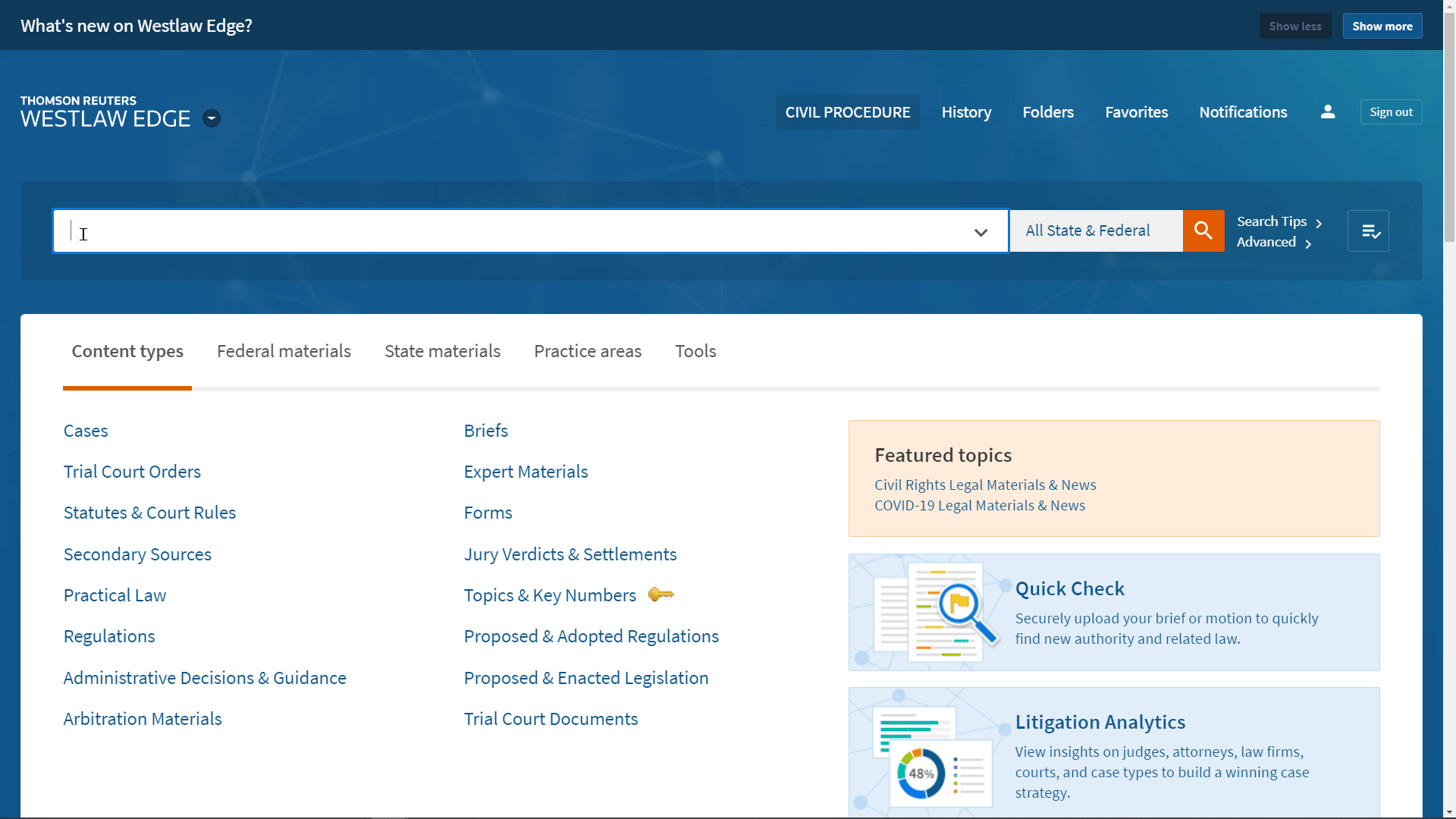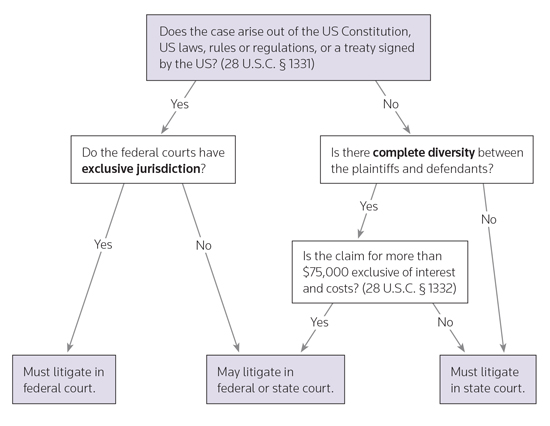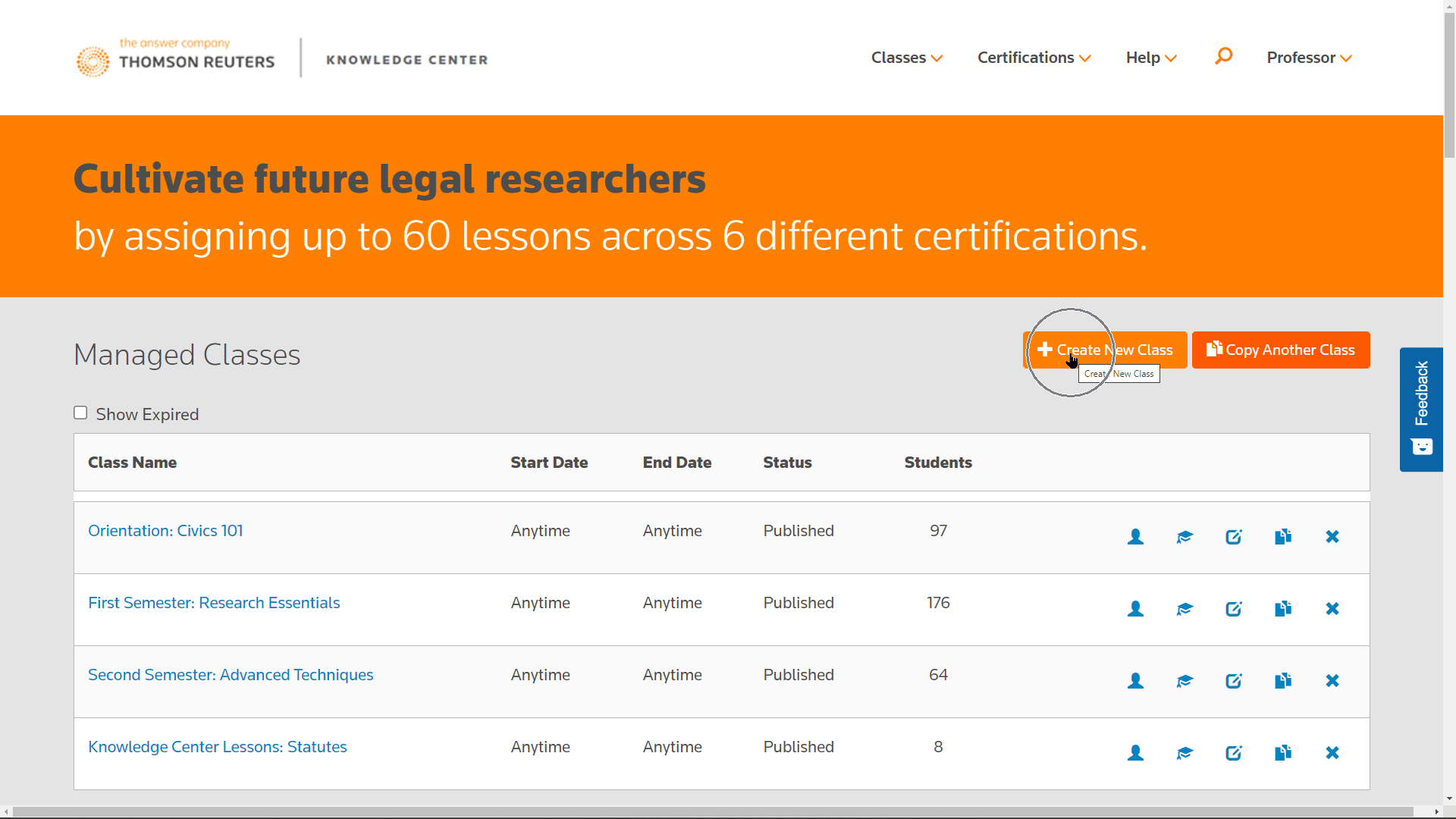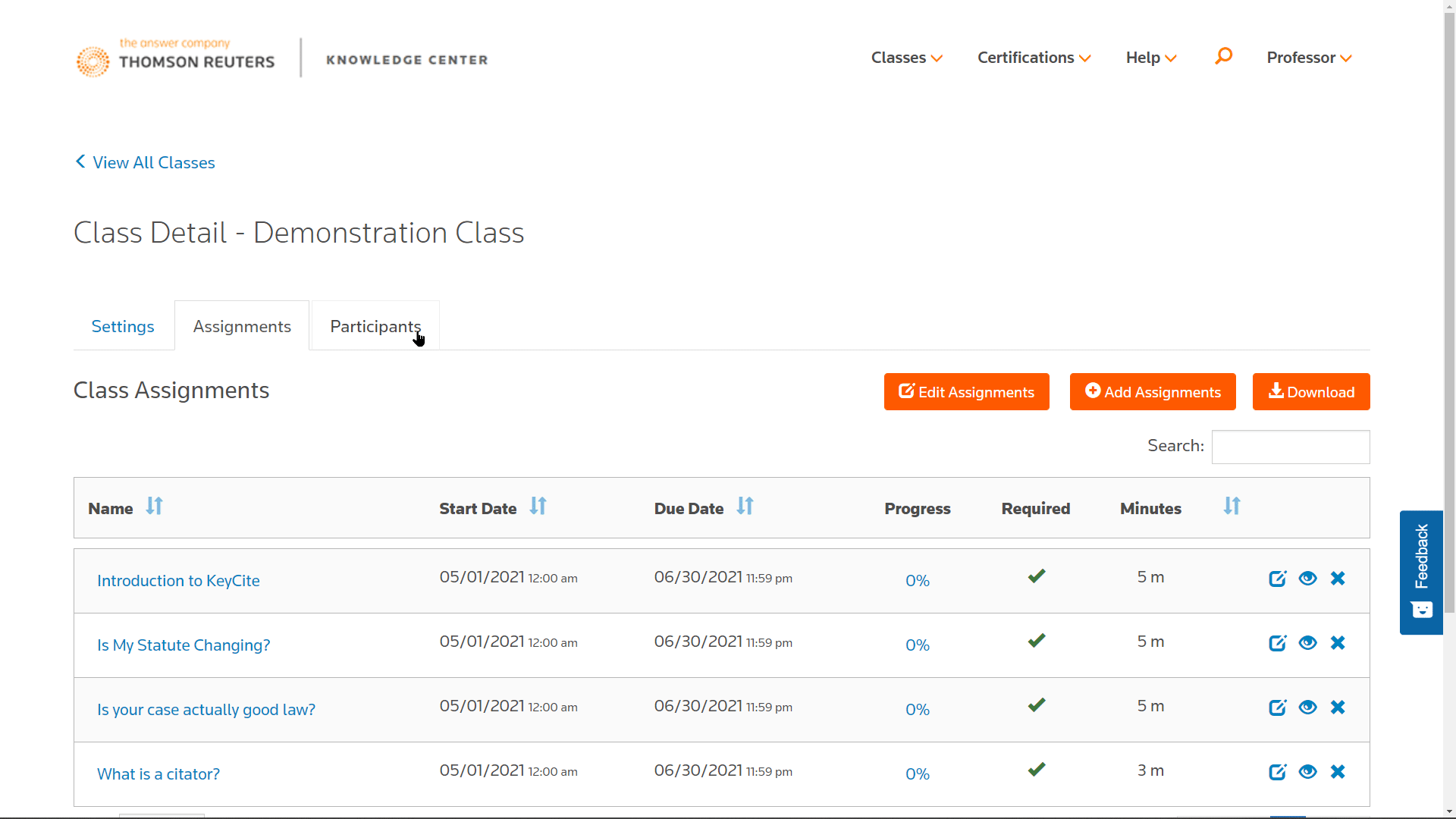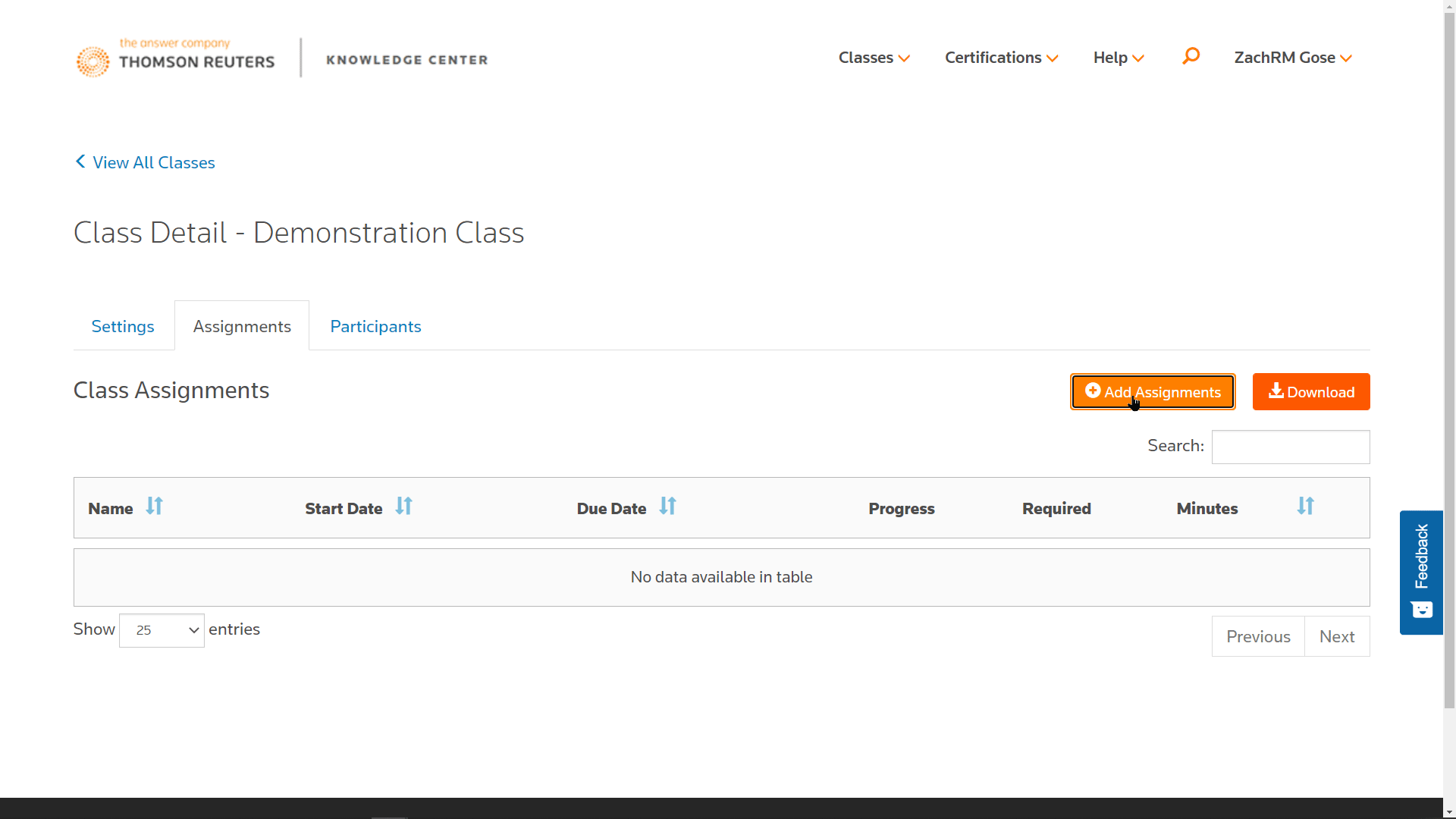APPLYING THE LAW
I Am Not a Lawyer, but the Rules Still Apply
I distinctively remember during my first week of law school, my Civil Procedure professor briefly touched on some of the ethical dilemmas that we would face as law students preparing to be practicing attorneys. Professor Franck posed a general question to the class concerning how many students had experienced a situation in which a friend or relative decided to seek our legal advice because they knew we were preparing to start law school. My peers were all full of stories about how various people around them sought legal advice or desired an answer to a specific legal question. This lends support to the conclusion that it is very common for people to seek legal advice from family and/or friends who may be involved in the legal community—but they are not lawyers.

The discussion was incredibly ironic because a close friend had recently sought legal advice from me via text message concerning a work-related subject. The moment my friend asked the question, I instinctively remember feeling uneasy about providing her with an answer because my knowledge was limited, and I feared giving inaccurate advice that might be relied upon. Morally and professionally, do I really want to be responsible if something goes awry due to my advice? Prior to responding to the text message, I remember carefully crafting my response to make sure that my friend understood I wanted to help her, but I was truly unable to at that moment in time. Therefore, a portion of my response stated, “I am not a lawyer, I just recently started law school...” My longtime friend was understanding of my predicament and appreciated my direct explanation.
Near the end of the discussion with Professor Franck, she explained to the class that whenever she was put in a situation in which someone sought her legal advice, she would initiate a brief process of setting boundaries for the conversation. She referred to it almost as a “mirandizing” process because she wanted to make sure that people explicitly understood that she was not their attorney. It is important not to accidently create a client-lawyer relationship because that advice may lead to major liability or disciplinary action as the individual may have reasonably relied on the information given.
A running joke is that lawyers are liars or untrustworthy groups of professionals who are willing to do whatever it takes to win a case. Nonetheless, the entire discussion showed why it is pivotal that anyone participating within the legal discourse community or working under the direction of a practicing attorney, abide by the same standards of ethics that all attorneys are expected to uphold as admitted bar members practicing in the United States. Specifically, these rules are referred to as the Model Rules of Professional Conduct.
Law school within itself is a learning process and there is rarely a correct answer or a correct path because you are taught that your success will be based on your ability to use the tools that you have been provided and carefully analyze each situation.
Lawyers, however, are not the only members of society for which these rules apply. As a law school student who is constantly gaining knowledge of the substantive law, I have an ethical responsibility to cautiously utilize my knowledge. Upon reflection, I am proud of the decision I made not to give my friend legal advice because law students are not allowed to give legal advice contrast to the way lawyers can offer their expertise. Furthermore, I understand that navigating the model rules can be a complex task because very few of the rules are straightforward.
Law school within itself is a learning process and there is rarely a correct answer or a correct path because you are taught that your success will be based on your ability to use the tools that you have been provided and carefully analyze each situation.
This is the ideal time to adopt healthy habits that I will carry into my future legal career. My professor’s conversation with the class established a foundation for the way in which I approach any inquiry for legal information. I was lucky to learn this lesson at such an early stage and I am excited to continue building upon my knowledge as a responsible future lawyer.
Kieya Simpson is a creative first-generation lawyer from Accokeek, Maryland. She has a strong interest in both civil and criminal litigation, with hopes of actively working within public service following graduation.





